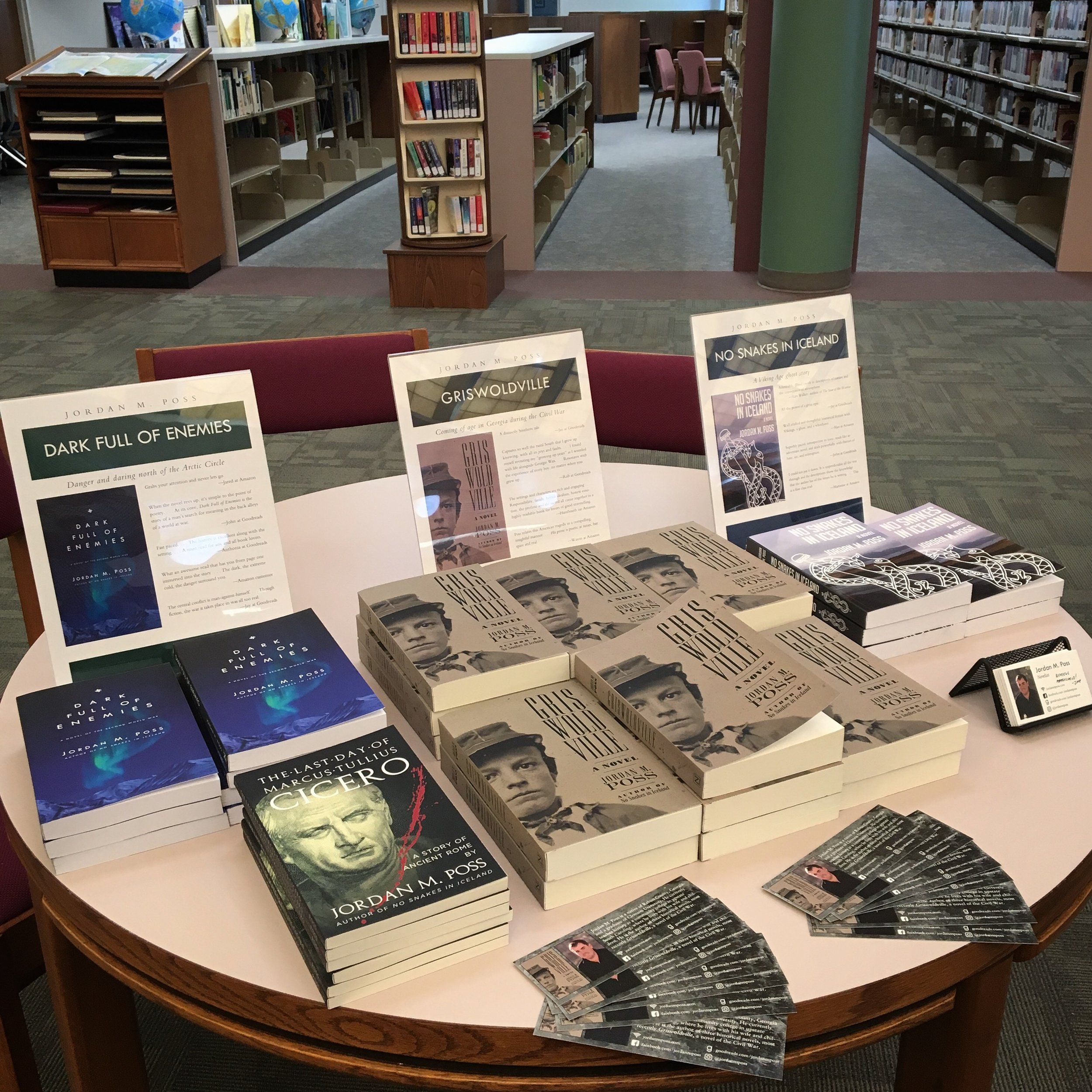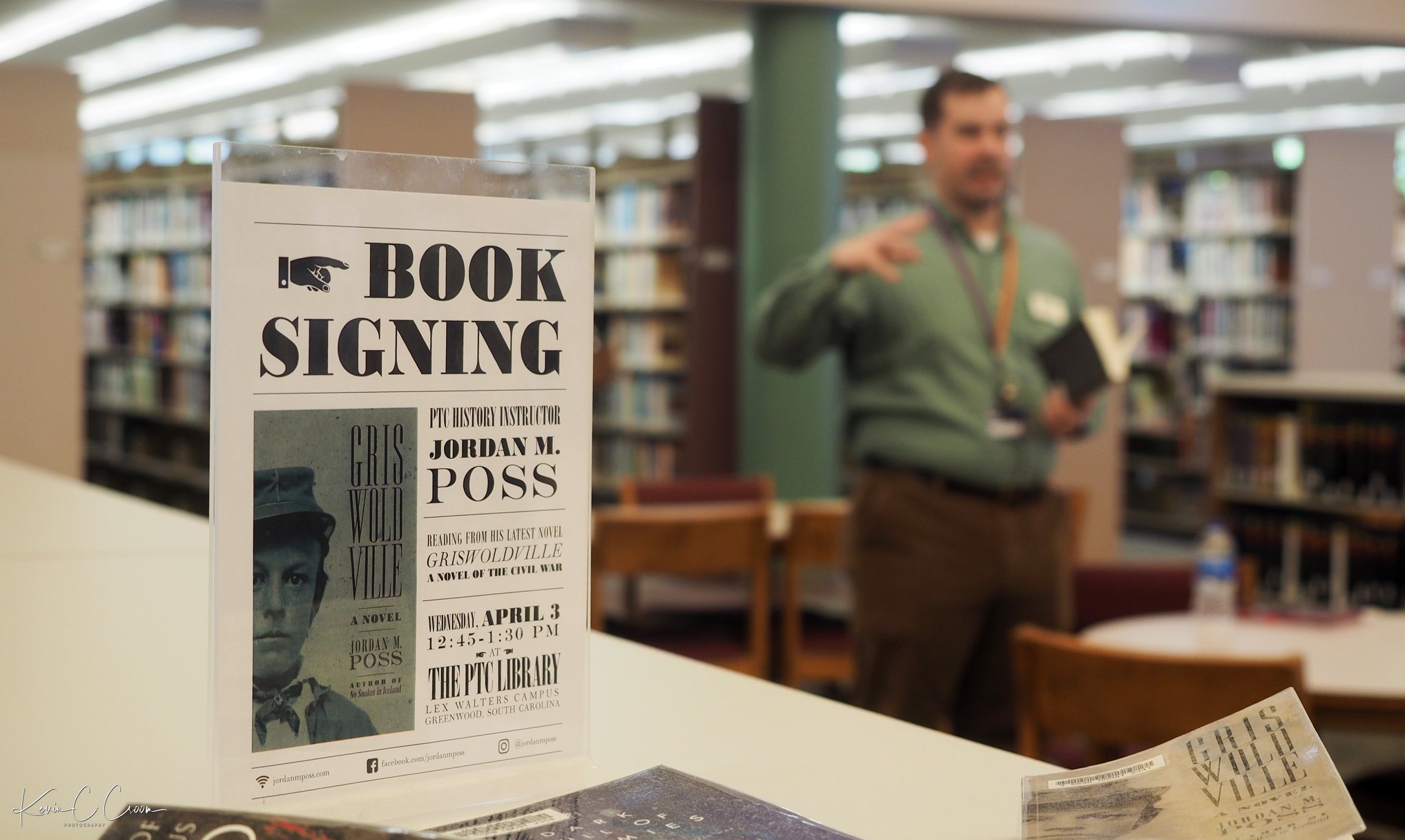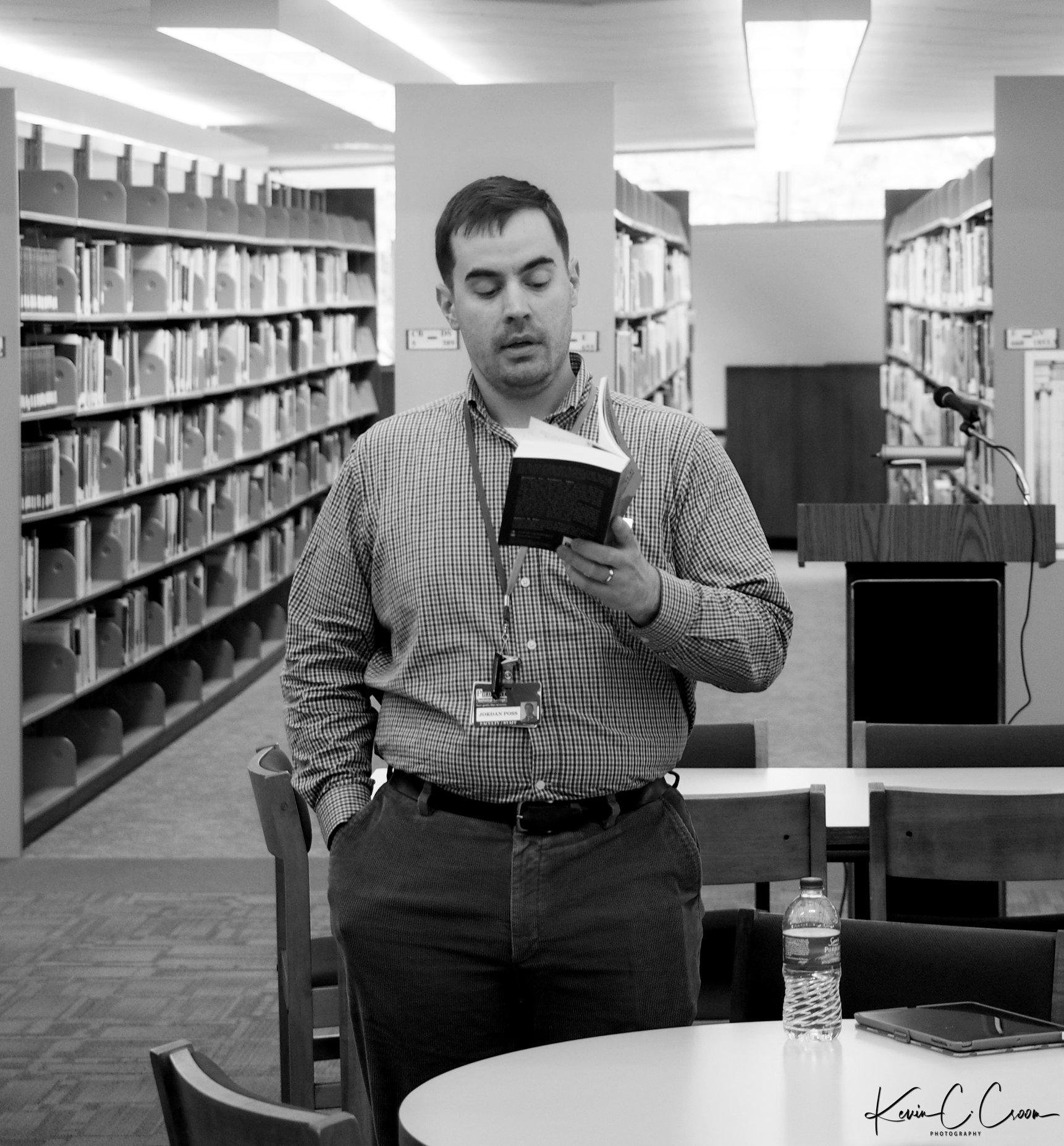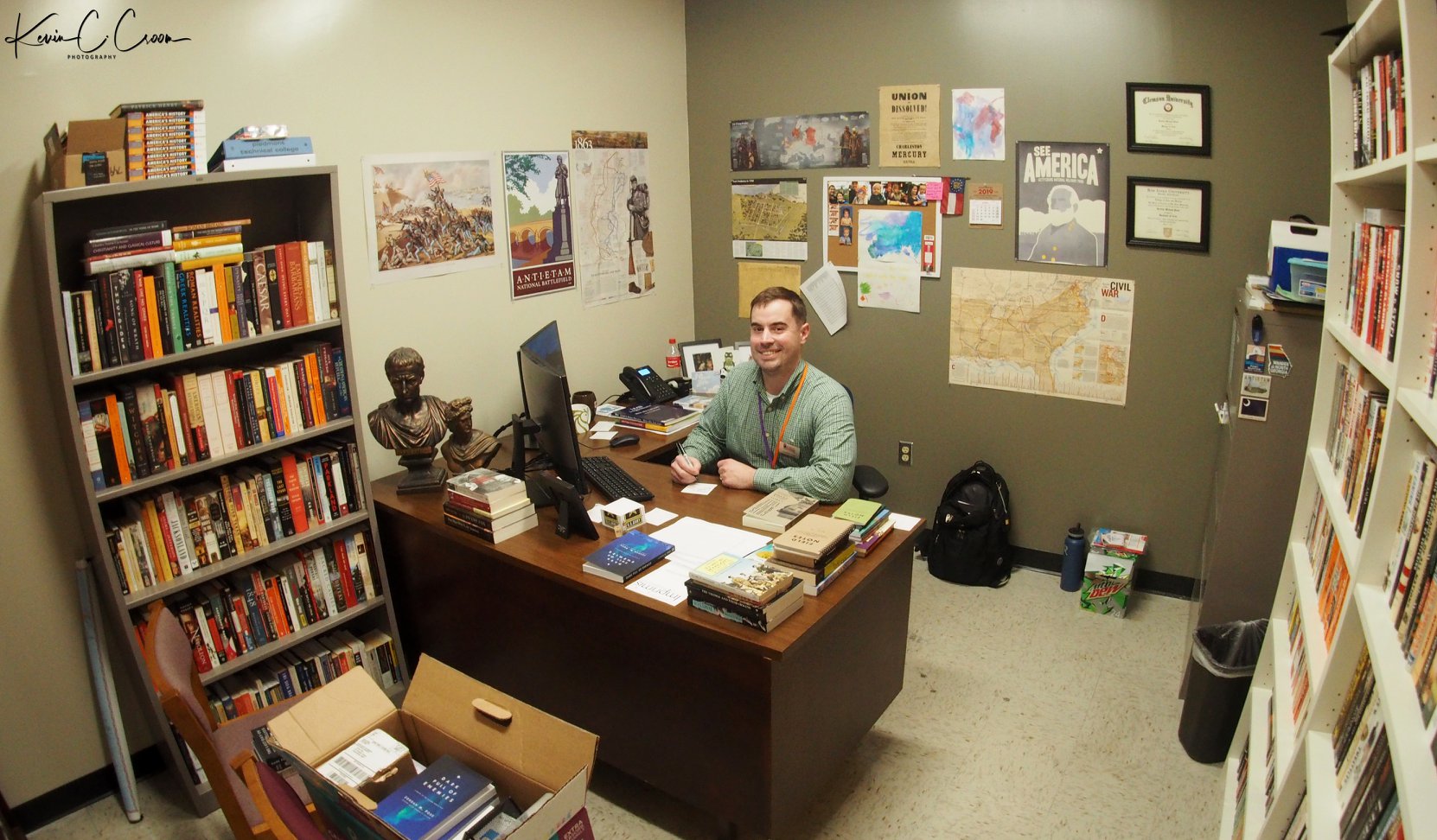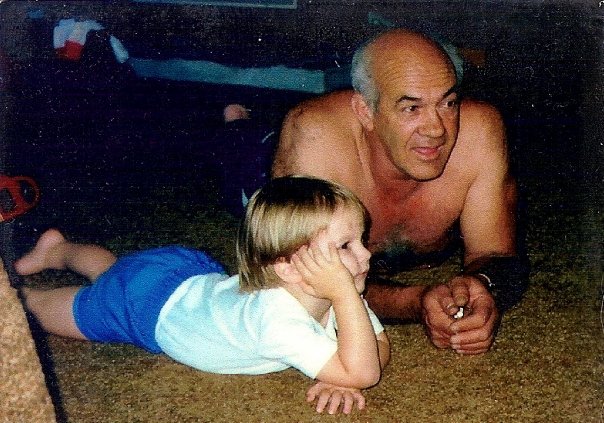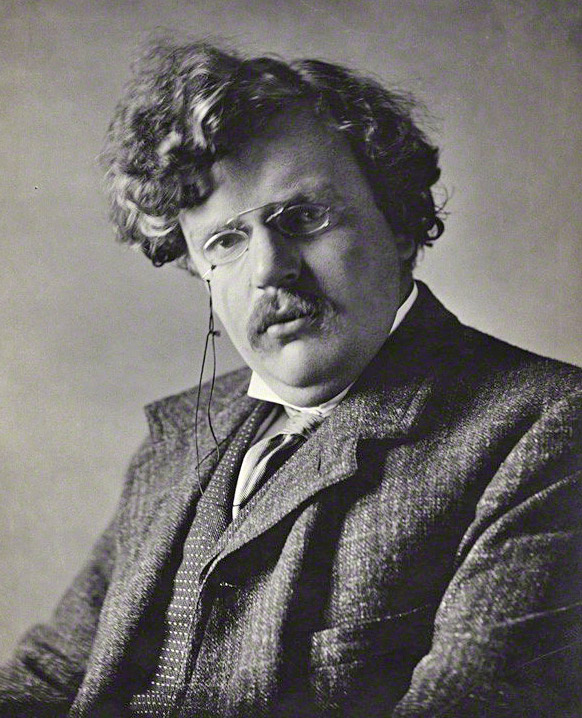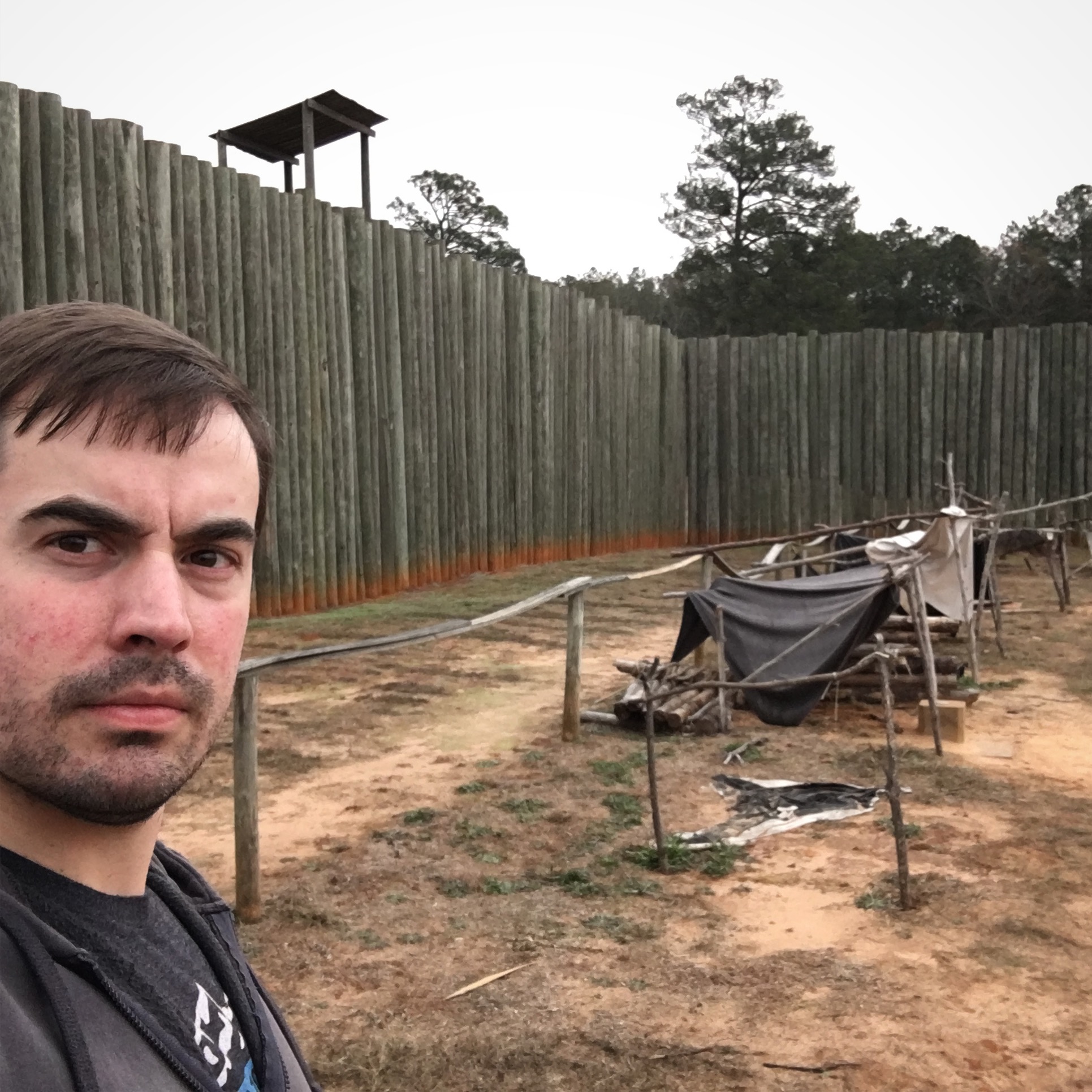Against the news
/FAKE NEWS AND FEARMONGERING IN CITIZEN KANE (1941)
After the busiest, most hectic, and stressful semester of my career, I’m coming up for air. I have quite a backlog of stuff I’d like to share—movie and book reviews, especially—but one of the most thought-provoking things to cross my path in the last months is this excellent post by my old acquaintance Will Gray: “What I learned from giving up news for Lent this year.”
Will decided to give up the news—all news media, even casually observed TV news in public places. The saturation of our day-to-day lives with news is such that it proved nearly impossible but, to his credit, he stuck with it. In the process, he learned a couple other important things: any truly important information will make its way to you eventually, and via more organic, meaningful routes—like, you know, family and friends—and avoiding the constant fever pitch of news consumption is “delightfully refreshing.”
It’s a good post—do check it out.
I’ve never given up the news cold turkey the way Will did this year but I’ve certainly been tempted to. And on the occasions when I have purposefully avoided the news for a day or two, or even a few hours, I have felt that refreshment. A French word for it—fresh on my mind since I’ve just lectured on Nixon and Kissinger—is détente: literally de-tensifying or unstretching. Without the news I find I can relax—I can be lax again.
But it was not ever thus. Détente might have come to my mind on this topic just this morning, but as I first read Will’s post last week I thought of something even more directly relevant: I recalled some observations in Neil Postman’s seminal critique of modern media, Amusing Ourselves to Death. I’ve just completed design on a new Humanities course on technology and culture—one of the things making this semester so busy—and Postman’s book will be one of the texts for the course.
Amusing Ourselves to Death examines the way different kinds of media make possible—as well as make impossible—certain kinds of discourse, ways of conversing about the world. His primary concern is with the deleterious effect of TV on American discourse (the book was published in 1985), but in the first part Postman examines “typographic” or print culture.
Postman argues that a typographic culture of discourse pertained in the United States through roughly the mid- or late-19th century, and what distinguishes a population raised on print is a long, patient attention span, the ability to focus intently, a store of shared cultural background that can be drawn upon for mutual understanding, and an immense capacity for following and digesting complicated information. His most potent example is the audience for the Lincoln-Douglas debates of 1858—ordinary citizens of all ages and sexes from seven respectably sized towns in Illinois who not only sat still for, but apparently followed, participated in, and enjoyed minutely detailed political and philosophical debates for upwards of seven hours at a stretch.
“For the first time in human history, people were faced with the problem of information glut.”
All that began to change, according to Postman, with the invention of telegraphy. Because the telegraph could transmit previously hard to get information almost instantaneously over vast distances, “for the first time in human history, people were faced with the problem of information glut.” Furthermore, the information conveyed by telegraph was unformed, unsorted, “essentially incoherent.” Its speed encouraged brevity, and therefore urgency. It “introduced a kind of public conversation whose . . . language was the language of headlines—sensational, fragmented, impersonal. News took the form of slogans, to be noted with excitement, to be forgotten with dispatch.” In the end, one of the most important unintended consequences of telegraphy was “to dignify irrelevance and,” more importantly for my purposes here, “amplify impotence.”
In his post, Will writes: “Many other reports, articles, exposés, and scoops are bound to have rankled you during the past 40 days. Gotten under your skin. Raised your blood pressure. Gotten your dander up.” Something we’re bound to be familiar with. Here is where Postman’s observation about the impotence created by telegraphic news reporting—and only enhanced since—comes in. One of the reasons people get so worked up about the news is that most of what they read about or see on TV they are powerless to do anything about. All one can do is fret or enjoy the show. We are, at best, a whole world of helpless observers; at worst, a world of prurient rubberneckers.
Why is this? According to Postman, “in both oral and typographic cultures, information derives its importance from the possibilities of action.
Prior to the age of telegraphy, the information-action ratio was sufficiently close so that most people had a sense of being able to control some of the contingencies in their lives. What people knew about had action-value. In the information world created by telegraphy, this sense of potency was lost, precisely because the whole world became the context for news. Everything became everyone’s business. For the first time, we were sent information which answered no question we had asked, and which, in any case, did not permit the right of reply.
“The news elicits from you a variety of opinions about which you can do nothing.”
We’ve come a long way since telegraphy, of course, and from Postman’s era, in which “Sesame Street” and CNN—two of his notable but now seemingly quaint concerns—were relatively new threats to public discourse. The 24-hour news cycle ushered in by CNN is now the norm, and the hour is hardly a sufficient unit of time with which to measure how quickly the news comes in and changes. In the course I designed, I invite my students to conjecture what they think Postman would have made of Snapchat or, especially, Twitter.
But all of this just deepens that feeling of powerlessness. Here’s Postman again, quoted at length so you can see how his examination of this problem accidentally foreshadows even more troubling issues:
You may get a sense of this [sense of impotence] by asking yourself another series of questions: What steps do you plan to take to reduce the conflict in the Middle East? Or the rates of inflation, crime and unemployment? What are your plans for preserving the environment or reducing the risk of nuclear war? What do you plan to do about NATO, OPEC, the CIA, affirmative action, and the monstrous mistreatment of the Baha'is in Iran? I shall take the liberty of answering for you: You plan to do nothing about them. You may, of course, cast a ballot for someone who claims to have some plans, as well as the power to act. But this you can do only once every two or four years by giving one hour of your time, hardly a satisfying means of expressing the broad range of opinions you hold. Voting, we might even say, is the next to last refuge of the politically impotent. The last refuge is, of course, giving your opinion to a pollster, who will get a version of it through a desiccated question, and then will submerge it in a Niagara of similar opinions, and convent them into—what else?—another piece of news. Thus, we have here a great loop of impotence: The news elicits from you a variety of opinions about which you can do nothing except to offer them as more news, about which you can do nothing.
Notably, even the momentous national issues debated by Lincoln and Douglas in front of those raucous crowds across Illinois were debated from the perspective of Illinoisans. Their interest was locally inflected. It mattered to them. And so whatever worry, fretfulness, or even anger the news caused them was finite and open to their doing something about it. They had a good time at the debates, but that wasn’t because they couldn’t do anything about the issues. (I wrote more on this theme, inspired by a great line from Gandalf in The Lord of the Rings, here last summer.)
Compare the news we consume nowadays. We probably all have opinions on the Mueller Report or the so-called Green New Deal, opinions we were invited to adopt and defend tenaciously by our news medium of choice. And beyond the irrelevance of our news and the powerlessness it creates in us, there’s the anxiety—which clickbaity headlines are designed to produce. Postman’s description of the kind of conversation favored by telegraphy reflects our culture of catastrophizing, apocalyptic internet headlines better than anything I’ve read from our time.
The news—simply receiving the news in the form and via the media we do now—does more harm than good. I think it’s worth opting out. I mean to, as much as I am able. It will be a discipline, but nothing worthwhile is ever arrived at purposelessly.
For myself, I plan to scale back. Like Will, I’m going to root out and delete that Apple News app just for starters. I may not quit wholly, but I’ll set aside specific blocks of time to be news-free. But as I hinted, there must be a purpose behind giving up the news. For Will, it was a Lenten discipline, “an act of solidarity with Jesus.” That’s a good starting point. Giving up the news will certainly be better for my soul than not, especially given my choleric temper. But giving up the news will also be a means to spend more time, my mind free of distant and ultimately irrelevant current events, with my wife and kids, with friends and family where we can talk about each other and not what’s going on five-hundred miles away in Washington DC or, even worse, 2300 miles away in Hollywood. I can be fully present. And I can work, bit by bit, on improving my wife, my kids, my friends and family, and myself.
Whether that makes headlines or not, I won’t care, and I certainly won’t know—until you tell me.




